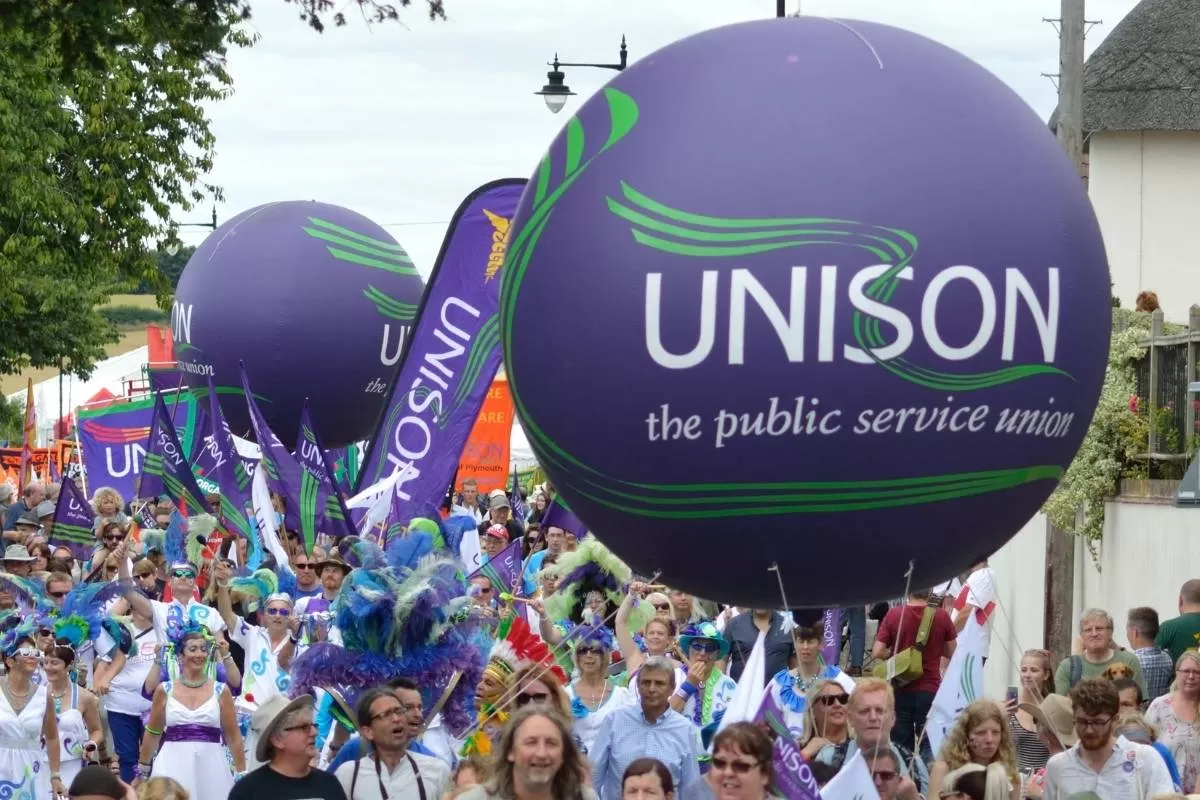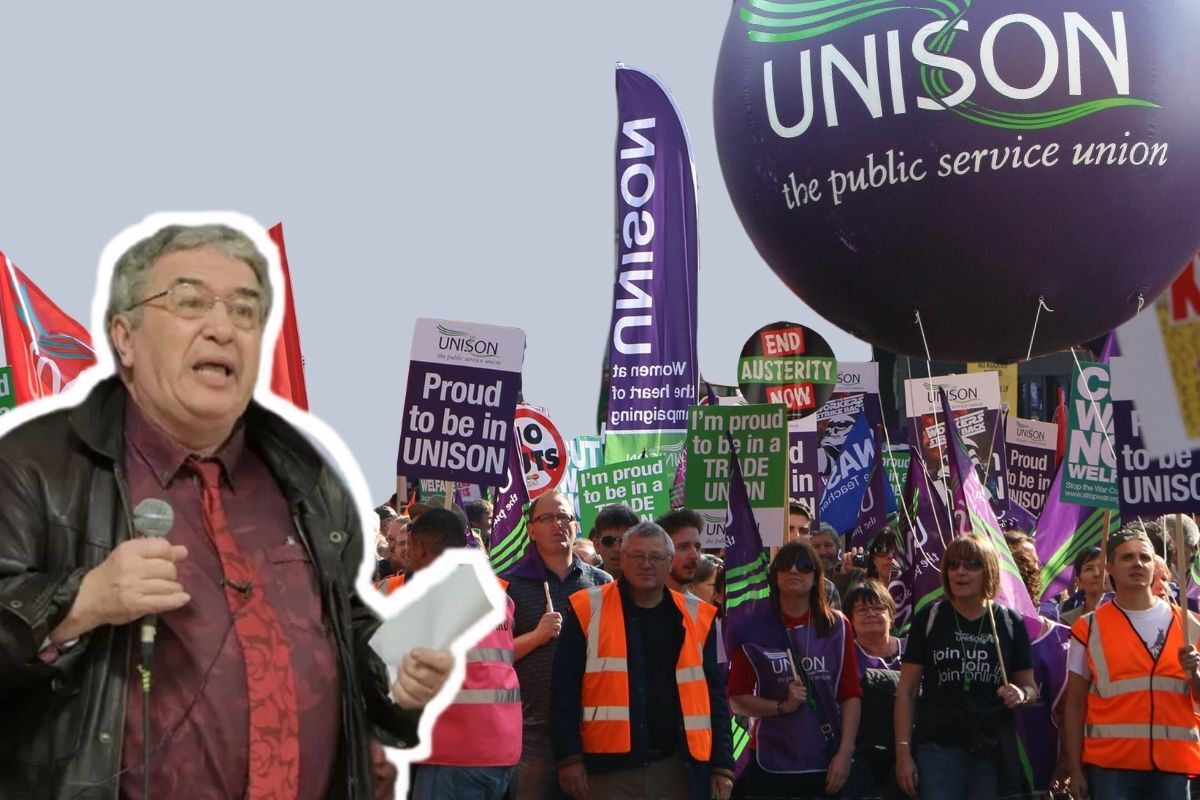Workers across the public sector are facing attacks and austerity. Unison, meanwhile, the main public sector union, has a new left-wing leadership. The vital task is to transform the union, so it is fit to fight the battles that lie ahead.
Unison is a huge union, with members who are at the forefront of the struggles in the public sector.
Opposition to the Tory pay freeze is growing. Higher education members have rejected a final offer of just 1.5%. A formal dispute has been lodged, with balloting for industrial action underway.
Police staff have been ‘offered’ a measly zero percent if they earn £24,000 or over, and a mere £250 if they earn less. This deal is being discussed loudly in police service branches.
At the same time, 300,000 Unison members in the NHS are being consulted on the government’s 3% pay offer. The union’s health service group executive (SGE) says that they “cannot recommend this pay outcome”. That is something of an understatement.
The union’s claim was for £2,000 for all workers. Given the public sympathy and support for healthcare workers, this demand would easily be within reach, if the health service group leadership are prepared to fight for it.
In local government, meanwhile, the union is consulting members on the employers’ headline 1.75% offer – at a time when inflation is running at 3.9%, and when the pay claim is for 10%.
Struggles ahead

The figures might vary across sectors, but the situation is the same for public sector workers everywhere.
After opening up the taps in order to save the system during the pandemic, the Tories are now presenting the bill, placing the burden onto the working class in the form of cuts to jobs, wages, and public services.
Unlike the shock of the 2008 crash, the current crisis is like a slow-motion train crash. Everyone can see what is coming in terms of austerity and attacks, with local councils already declaring bankruptcy, and the government promising a public sector pay freeze.
Workers are already beginning to draw conclusions, and are moving into struggle.
Challenging the status quo
It is these factors that led to the left victory in the recent Unison NEC elections, and to the strong vote for Paul Holmes in the earlier general secretary election.
None of the general secretary candidates were prepared to defend the status quo in the union. For years, the Unison leadership has sought to avoid confrontation. Instead, they have taken the line of least resistance, too often falling short of what is required to meet the needs of the members.
Low pay has always been at the centre of Unison’s campaigning. Yet the wages of our lowest paid members are lower today – in real terms – than they were when the union was founded. Almost 30 years on, the old ‘ways of doing things’ have failed.
Fighting leadership
The election of a left NEC certainly represents an earthquake in the labour movement in Britain. However, the success of the left NEC will depend on how effectively that victory can be spread across the union’s service groups, regions, and branches.
The health SGE, for example, is still dominated by the right wing. They voted down an amendment to reject the 3% NHS pay offer, and instead voted merely to oppose it.
Health worker and #UNISON NEC rep Libby Nolan from Wales on the 3% pay offer for NHS workers #TimeForRealChange pic.twitter.com/W3ZvtwYTXQ
— #TimeForRealChange (@tfrc_unison) August 10, 2021
Unison needs a fighting leadership in every sector and at every level. There is still a fair way to go in reaching this goal.
The elections for chair and vice chair of the various NEC sub-committees, where the majority of the work of the NEC is conducted, resulted in a clean sweep for the left.
But the elephant in the room is the role of the Unison bureaucracy. Historically, the apparatus has worked with a right-wing leadership to maintain control of the union and combat the left.
Already, rumours are circulating that top layers of the apparatus are now doing their best to hamper any attempts to transform the union. The gloves are off.
Time for real change
The national Labour Link elections, which open on 23 August, will be an indicator of how well the left is progressing in the struggle against the right wing.
A left victory would remove a significant pillar of support for the Labour and Unison right wing. But this is just the first of many battles that will take place over the next two years.
The new NEC must use these opportunities to transform the union from top to bottom, and to build a mass left current inside the union.
Democratising Unison – starting with the election of all officials – and developing a fighting socialist programme for the union must go hand in hand.
We need a union that is worthy of its members. For the first time in decades, there is a chance to begin that process. It’s time for real change.






